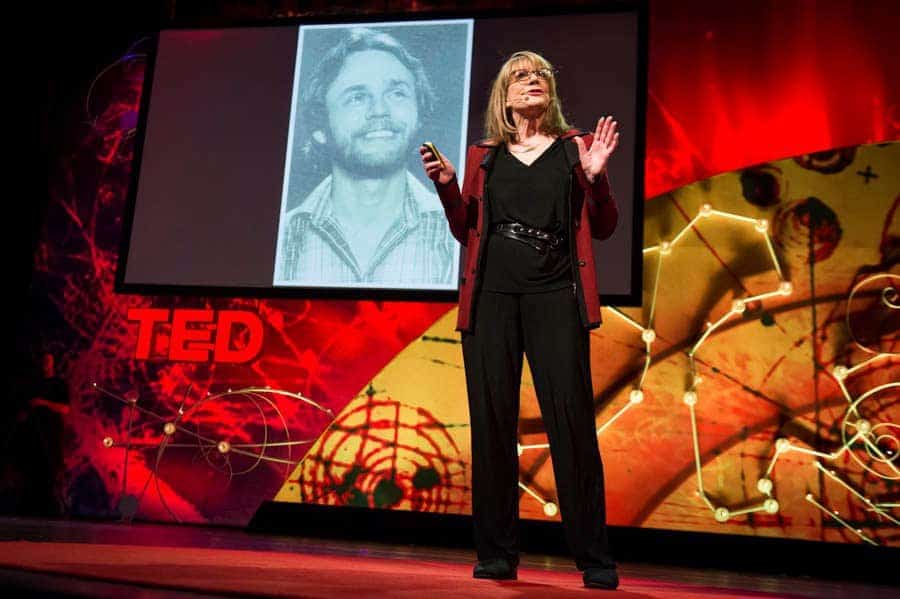Aunque hoy sabemos que nuestra memoria no es tan confiable como antes se pensaba, mucha gente sigue creyendo que sí lo es. Gracias a dicha creencia, Steve Titus y muchas otras personas terminaron siendo condenados por crímenes que no habían cometido. Los recuerdos falsos y la facilidad para implantarlos son el tema de estudio de la psicóloga Elizabeth Loftus. Ella lo expresa de esta manera: “Los recuerdos son más como Wikipedia, tu puedes entrar y cambiar la información que contiene y también pueden hacerlo otros.”
Elizabeth Loftus lleva años estudiando la memoria, no te pierdas esta conferencia, con subtítulos en español, en la que nos resume los increíbles hallazgos de sus investigaciones.
Algunas investigaciones que nombra Loftus en el video:
- Loftus, E. (s.f.) Planting misinformation in the human mind: A 30-year investigation of the malleability of memory (texto completo en inglés).
- Loftus, E. & Hoffman H., (1989), Misinformation and memory: the creation of new memories.
- Loftus, E. & Palmer, J. (1974), Reconstruction of automobile destruction: An example of the interaction between language and memory.
- Loftus, E. & Pickrell, J.The Formation of False Memories.
- Lynn, S., Loftus, E., Lilienfeld, S. & Lock T. (2003) Memory recovery techniques in psychotherapy: Problems and pitfalls (Texto completo en inglés).
- Morgan, C., Southwick, S., Steffian, G., Hazlett, G. Loftus, E.Misinformation can influence memory for recently experienced, highly stressful events.
- Scoboria, A., Mazzoni, G., Kirsch, I., Milling, L. (2002), Immediate and persisting effects of misleading questions and hypnosis on memory reports.
Fuente: TED Talks

Comentarios no permitidos.